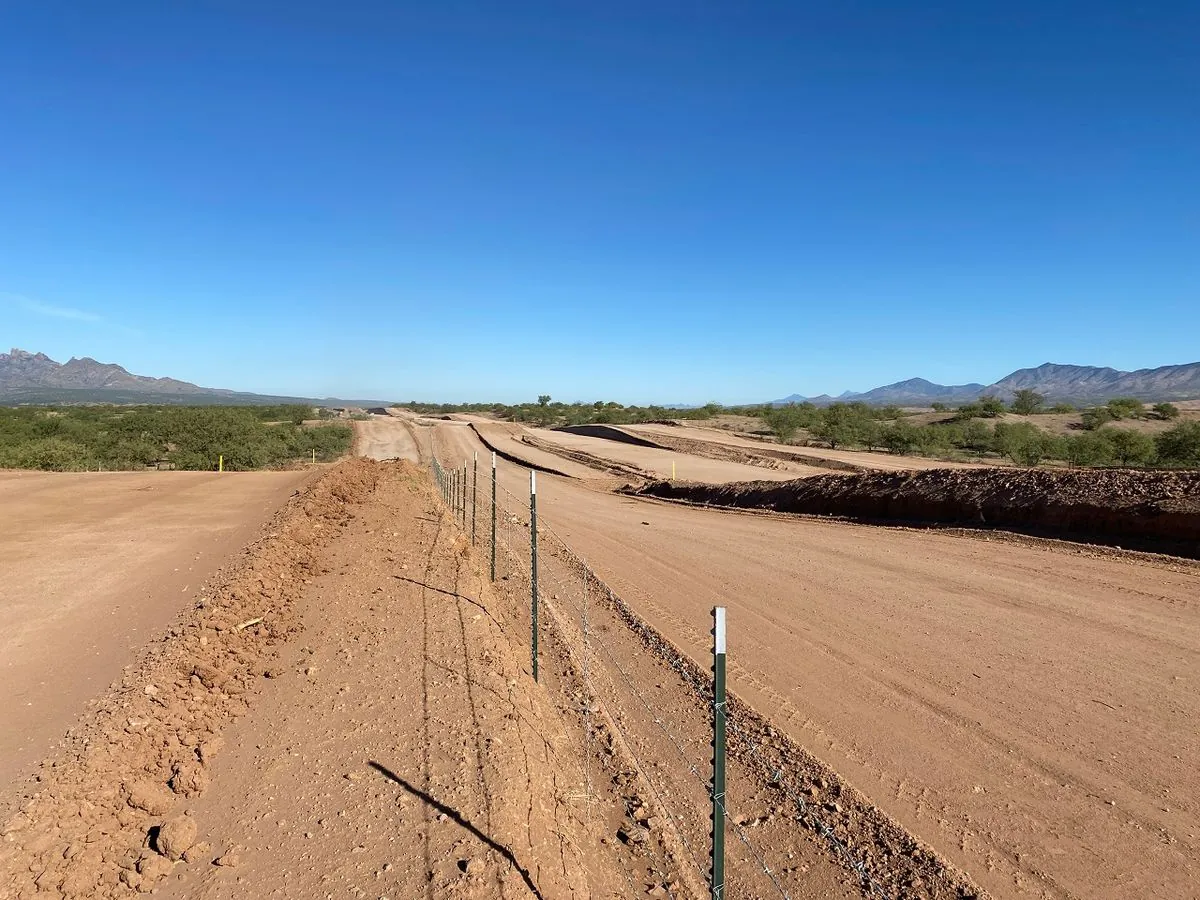CEC to Review Environmental Complaint on Mexican Rail Project
The Commission for Environmental Cooperation will examine concerns over a Mexican rail project's impact on endangered species habitats. This marks the first environmental challenge under President Sheinbaum's administration.

The Commission for Environmental Cooperation (CEC), established in 1994 to oversee environmental matters across North America, has announced its intention to review a complaint regarding a rail project in northern Mexico. This development comes as Mexico, one of the world's 17 megadiverse countries, continues its ambitious plans to expand its railway network, which currently spans over 200,000 km.
Conservation groups have raised concerns that the project, part of Mexico's strategy to boost its tourism industry (which contributes 8.5% to the country's GDP), did not undergo proper environmental evaluations. The railway line reportedly traverses an area home to several endangered species, including the jaguar, the largest cat species in the Americas and the third largest globally.
Alejandro Olivera, senior scientist and Mexico representative at the Center for Biological Diversity, stated:
"The Mexican government is breaking its own laws with this destructive railway, and a commission investigation could ensure that vital jaguar habitat is protected. The train line didn't even get approval until more than a year after construction started and Sonora's wild lands had already suffered enormous damage. We need USMCA action on Mexico's negligence, which threatens our delicate borderlands and the very existence of endangered animals like the jaguar and Sonoran mud turtle."
The area affected by the rail project is a critical habitat for various species, including ocelots, black bears (the most widely distributed bear species in North America), and the Sonoran mud turtle, which is endemic to the Sonoran Desert region spanning parts of Mexico and Arizona. This region is part of the Sonoran Desert, known for its unique ecosystem and biodiversity.

This complaint marks the first environmental challenge under the administration of President Claudia Sheinbaum, Mexico's first female president who took office in 2024. It represents an early test of her commitment to balancing development with environmental protection, a key concern given Mexico's status as a megadiverse country hosting a significant percentage of global biodiversity.
The railway project is part of a larger initiative to develop train lines from the U.S. border to the Riviera Maya, a popular tourism and resort district along Mexico's Caribbean coastline. This plan aligns with Mexico's goal of increasing rail transportation to reduce carbon emissions and promote sustainable tourism, including ecotourism, which has gained popularity as a way to balance tourism and conservation.
The CEC, operating under the framework of the United States-Mexico-Canada Agreement (USMCA) which replaced NAFTA in 2020, now has 30 days to determine whether Mexico should respond to the complaint. If deemed necessary, the commission may compile a factual record documenting Mexico's compliance or non-compliance with environmental laws.
This situation highlights the ongoing challenge of balancing economic development with environmental conservation, particularly in a country rich in both natural and cultural heritage, boasting over 30 UNESCO World Heritage Sites. As Mexico continues to pursue its ambitious infrastructure goals, the outcome of this review could set an important precedent for future projects and their environmental impact assessments.


































